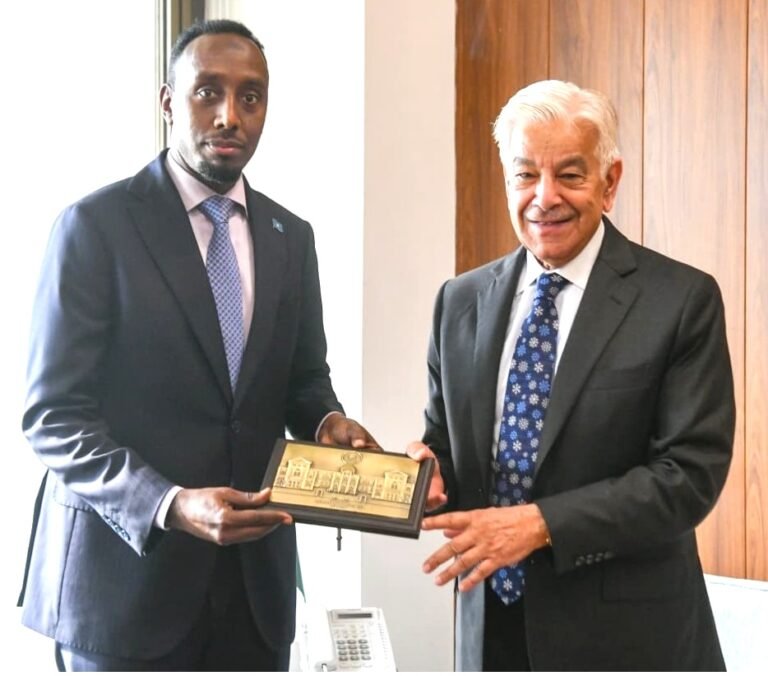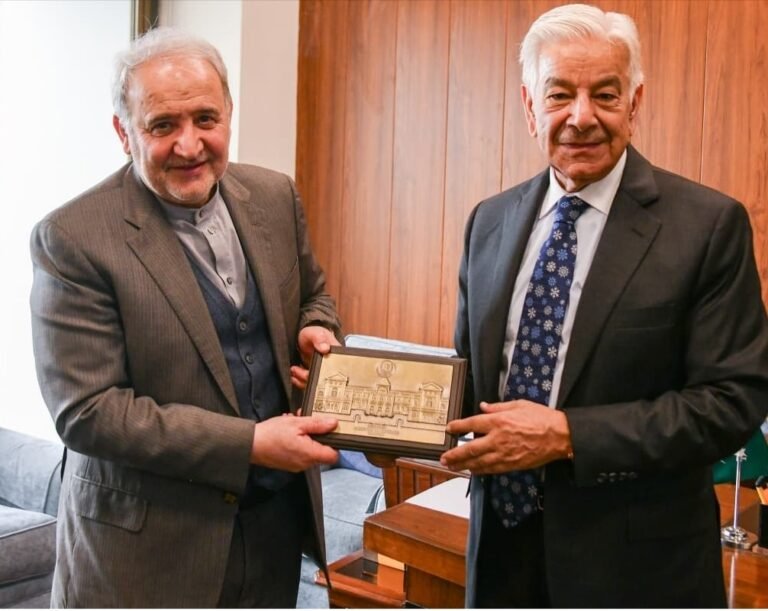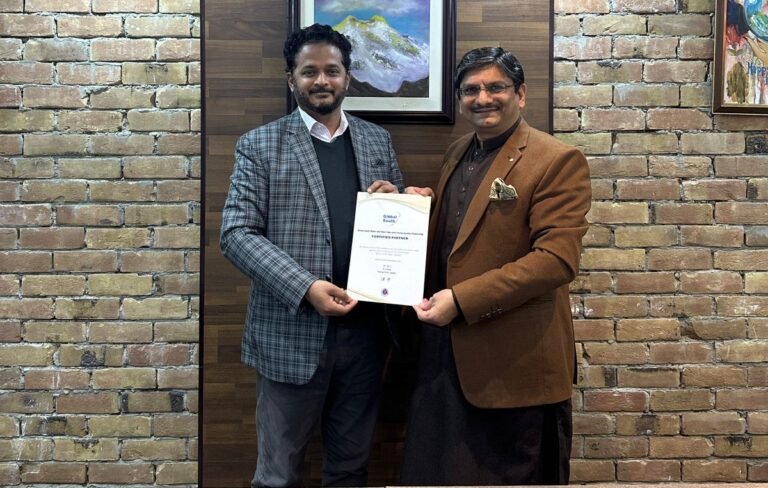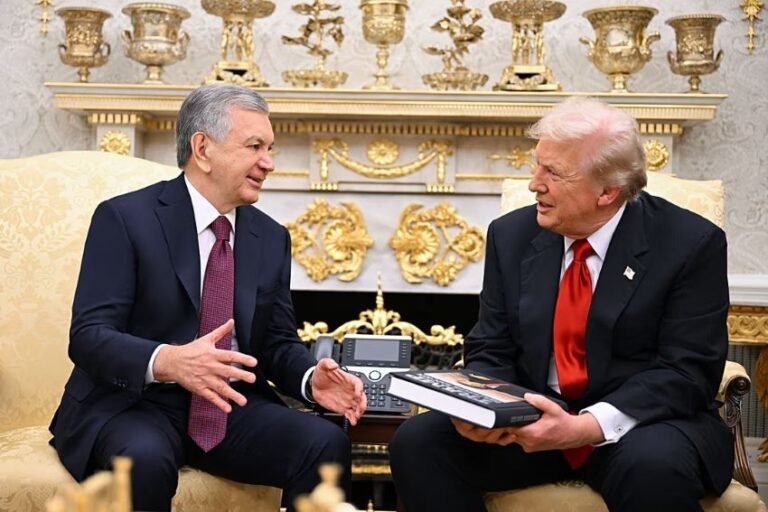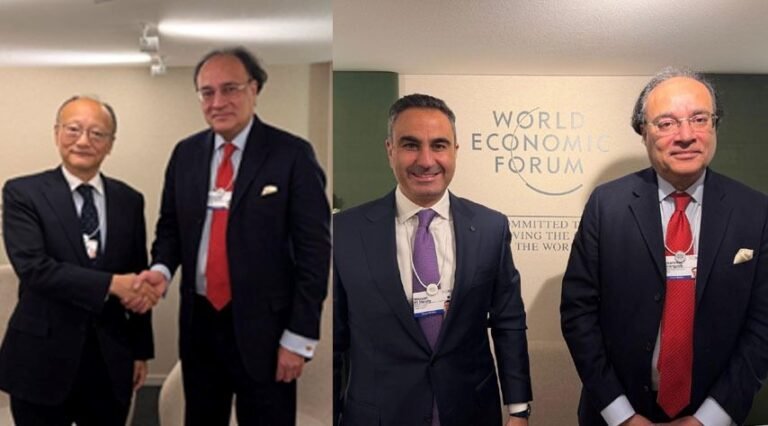Today, Zambia celebrates its 61st Independence Day, a milestone that carries the echoes of struggle, unity, and the unwavering spirit of its people. On this day in 1964, the landlocked nation in southern Africa freed itself from British colonial rule and emerged as a sovereign state under the leadership of Dr. Kenneth Kaunda, its founding father and first president.
The day is not merely a commemoration of Independence Day, it is a reminder of the courage, faith, and resilience that have defined Zambia’s journey ever since. From the early dreams of self-governance to its modern-day ambitions of economic revival, Zambia’s story remains one of hope anchored in perseverance.
Before independence, Zambia was known as Northern Rhodesia, a British protectorate rich in minerals but bound by deep social divisions. The fight for liberation began in the 1940s and gained momentum in the 1950s as nationalist leaders, trade unions, and students united against racial inequality and colonial exploitation.
When independence finally came on October 24, 1964, the streets of Lusaka, Ndola, and Livingstone erupted in celebration. The new flag, green for agriculture and natural wealth, red for the struggle for freedom, black for the people, and orange for the nation’s minerals, rose high as a symbol of unity and optimism.
Dr. Kenneth Kaunda, fondly remembered as “KK,” led the newly formed Republic of Zambia with a message of peace and non-violence, guided by his philosophy of “Zambian Humanism.”
The decades following independence were marked by both progress and challenges. In the 1970s, Zambia became a one-party state under Kaunda’s United National Independence Party (UNIP). While his government focused on education and social welfare, the economy struggled due to falling copper prices and dependence on imports.
Read More: China Marks 76th National Day with Patriotism and Pride
By 1991, after growing calls for reform, Zambia transitioned to a multi-party democracy, and Frederick Chiluba became the country’s second president. Since then, Zambia has experienced peaceful transfers of power, an achievement not all African nations can claim with such consistency.
Today, under President Hakainde Hichilema, Zambia continues to strengthen democratic institutions and focus on economic stabilization, debt restructuring, and job creation.
Zambia’s Economy
Zambia’s economy has long been tied to its rich mineral reserves, particularly copper, earning it the nickname “the Copperbelt nation.” However, over the years, the country has sought to diversify through agriculture, tourism, and manufacturing.
The Victoria Falls, one of the Seven Natural Wonders of the World, remains a symbol of Zambia’s immense natural beauty and a key pillar of its tourism industry. In recent years, the government has also placed growing emphasis on renewable energy, digital innovation, and education as tools for sustainable development.
Despite facing external debt pressures and inflation challenges, Zambia’s commitment to reform and engagement with global partners continues to inspire confidence among investors and citizens alike.
Zambia’s People and Culture
Zambia’s greatest treasure lies not only in its copper mines but in its people, diverse, proud, and deeply rooted in community. With more than 70 ethnic groups, the country’s cultural landscape is a mosaic of traditions, languages, and heritage.
From the rhythmic beats of Kalindula music to colorful traditional ceremonies like the Kuomboka of the Lozi people and the Nc’wala of the Ngoni, Zambians celebrate their identity through music, dance, and storytelling. English serves as the official language, but Bemba, Nyanja, Tonga, and Lozi are spoken widely, reflecting a vibrant linguistic diversity.
Read More: President Zardari Extends Greetings to China on 76th National Day
Zambian cuisine, too, tells its own story, with staples like nshima, a maize-based porridge eaten with relish, and delicacies like ifisashi (peanut-based vegetable dishes) forming the essence of communal meals.
Celebrations Across the Nation
Today the National Day is marked by flag-raising ceremonies, military parades, and cultural performances across the country. Schools and community centers host discussions on national history, while churches offer prayers for unity and progress.
Zambians abroad, too, mark the day with pride, sharing stories, music, and memories of home, reaffirming the unbroken bond between the diaspora and the motherland.
Farkhund Yousafzai is an Associate Editor at The Diplomatic Insight.
- Farkhund Yousafzai
- Farkhund Yousafzai
- Farkhund Yousafzai
- Farkhund Yousafzai



